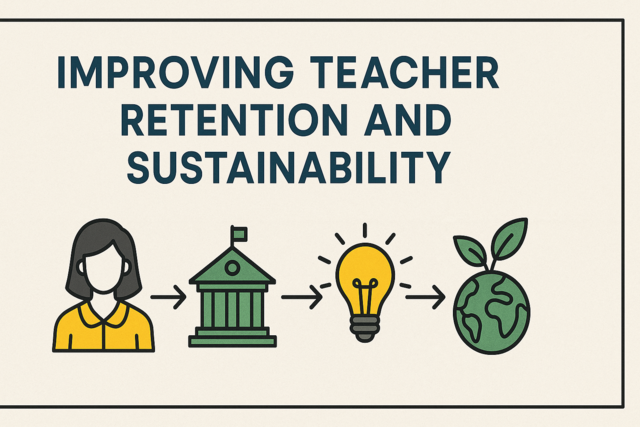Online Class: Peer Mediation and Conflict Resolution

no certificate
with CEU Certificate*
-
15Lessons
-
22Exams &
Assignments -
6Hours
average time -
0.6CEUs
Course Description
Imagine a world where conflicts are not an overwhelming force but a dynamic opportunity for growth, connection, and meaningful change. Picture yourself equipped with the skills to turn discord into harmony and misunderstandings into mutual understanding. Welcome to the "Peer Mediation and Conflict Resolution" course—a journey that ventures beyond conventional learning to transform you into a catalyst for positive change.
In today's fast-paced and interconnected world, conflicts arise in many shapes and forms, and possessing the ability to navigate them with grace and empathy is more crucial than ever. This course is your key to unlocking the hidden potential within every challenge, turning obstacles into stepping stones toward collaboration and peace. It's not just a course; it's an invitation to reshape the fabric of your interactions, relationships, and communities.
From the very first moment, you'll sense the difference in our approach. This isn't about rote learning or theoretical paradigms; it's about fostering a profound shift in how you engage with the world around you. By participating in peer mediation, you will not only gain powerful interpersonal skills but also ignite a movement of change within your community. Imagine being the go-to person who others seek out during tumultuous times, knowing you possess the unique ability to provide a safe and confidential space for open dialogue and mutual respect.
At the heart of our program lies the art of dialogue—mastering the delicate dance of listening and speaking. Through captivating stories, interactive scenarios, and hands-on practice, you'll delve into the intricacies of nonverbal communication and reflective listening. These are not just skills; they are life-altering experiences that will empower you to bridge even the widest chasms of misunderstanding, paving the way for solutions that resonate with everyone involved.
Our course invites you to explore the dynamic labyrinth of conflict types, from interpersonal tensions to complex intergroup dynamics. You'll discover tools and strategies that go beyond surface resolutions, transforming challenges into opportunities for growth and cohesion. Your journey will be guided by empathy, the heartbeat of effective mediation, ensuring that every interplay is infused with genuine understanding and compassion.
What sets this course apart is its unique focus on cultural fluency and negotiation. As a participant, you'll emerge as a cultural navigator, masterfully transcending boundaries and creating bridges where none existed. Our curriculum honors the rich tapestry of human experience, equipping you with the skills to appreciate diverse perspectives and integrate them into comprehensive solutions. You'll master the art of discerning interests beneath surface positions, elevating conflicts from contentious standoffs to empathetic exchanges.
This course goes beyond traditional boundaries to address modern conflicts like cyberbullying, offering insights into digital realms where anonymity amplifies challenges. By analyzing the dynamics of cyber conflicts, you'll learn to cultivate robust digital well-being strategies, preparing you to face contemporary issues with confidence and competence.
And as the digital age reshapes how we communicate, we'll also guide you through harnessing technology to enrich mediation practices, utilizing real-time feedback and adaptability to enhance outcomes. You'll learn to lead with emotional intelligence and active listening, transforming not just conflicts but entire environments into spaces of constructive dialogue and mutual respect.
This course isn't just about acquiring a skill set; it's about embracing a transformational mindset. You'll leave not just as a trained mediator but as a leader who inspires positive change and enduring peace. Why settle for simply resolving conflicts when you can transcend them and spark lasting connections?
Join us in the "Peer Mediation and Conflict Resolution" course, where the power of empathy and the art of negotiation converge to create a more peaceful and collaborative world. This is not just a learning experience—it's a journey that will forever change how you interact with the world. Enroll today and step into a role that will redefine not only your life but the lives of those around you. The world needs bridge builders like you now more than ever.
- Completely Online
- Self-Paced
- 6 Months to Complete
- 24/7 Availability
- Start Anytime
- PC & Mac Compatible
- Android & iOS Friendly
- Accredited CEUs

Course Lessons
Lesson 1. Creating a Safe Space for Resolution: Confidentiality and Trust in Peer Mediation
Peer mediation empowers students to resolve conflicts among themselves by creating a safe, confidential environment where they can communicate effectively without adult intervention. This method relies on the empathy and relatability that peer mediators bring, distinguishing it significantly from traditional adult-led mediation approaches.Lesson 2. Bridging Differences: Mastering Active Listening and Nonverbal Communication for Harmonious Dialogue
Reflective listening in conflict resolution confirms comprehension by paraphrasing the speaker’s words, aligning both parties on the same page and validating their feelings. This technique clarifies contentious points and helps dissolve communication blockages, paving the way for productive solutions.Lesson 3. Navigating the Labyrinth of Conflict: A Deep Dive into Interpersonal, Intragroup, and Intergroup Dynamics
Understanding different conflict types is essential for effective peer mediation and conflict resolution, calling for tailored strategies for interpersonal, intragroup, and intergroup conflicts. Equipped with empathy and strategic approaches, mediators transform challenges into opportunities for enhanced collaboration and interpersonal growth.Lesson 4. Empathy: The Heartbeat of Effective Peer Mediation
Empathetic conflict mediation is proven to significantly improve conflict outcome satisfaction, as evidenced by recent studies linking it to enhanced organizational success. Training students in empathy through tailored programs has been shown to cut disciplinary incidents and boost their cooperative problem-solving skills.Lesson 5. Conflict Resolution Skills: Empathy, Communication, Action
Empathy and active listening form the backbone of successful mediation, transforming conflict into narratives that promote understanding and cooperation. Reflecting on emotions and recognizing cultural nuances pave the way for meaningful dialogue and lasting resolutions.Lesson 6. The Power and Principles of Peer Mediation: Fostering Conflict Resolution and Collaboration
Peer mediation empowers individuals by nurturing life skills such as empathy, communication, and leadership, extending its influence beyond mere conflict resolution. Mediators act as change agents within communities, promoting constructive conflict management and fostering collaborative futures.Lesson 7. Understanding Cultural Nuances for Effective Conflict Resolution
Cross-cultural communication transcends language barriers, affecting everything from gestures to values, necessitating a cultural awareness that appreciates diverse perspectives. Skilled mediators employ empathy and cultural competence, transforming mediation into a tool for fostering broader human connections.Lesson 8. Unveiling Negotiation: Mastering the Concepts of Interests vs. Positions
The art of negotiation involves discerning interests beneath superficial positions, elevating conversations from zero-sum disputes to empathetic exchanges. Through this lens, mediators enable parties to explore shared goals and motivations, fostering outcomes that balance diverse needs.Lesson 9. Decoding Bullying Dynamics: Pathways to Resolution
Cyberbullying's anonymity poses new challenges, escalating victims' mental health issues, but educating responsible digital use is crucial. Understanding bullying's profound long-term effects on victims and perpetrators highlights society's broader cost and the need for immediate solutions.Lesson 10. Building Bridges: Mediators as Cultural Navigators in a Globalized World
Effective mediation involves understanding cultural diversity and communication styles to facilitate open discussions and resolutions in group dynamics. Utilizing empathy and technological tools, mediators create inclusive environments where diverse perspectives lead to harmonious outcomes.Lesson 11. Privacy in Mediation
Confidentiality and trust are essential for effective peer mediation, enabling parties to engage openly and constructively in resolving conflicts. Ranked by their measurable impact, these core principles foster an environment conducive to understanding and cooperation.Lesson 12. The Complex World of Cyber Conflicts: Understanding Types, Causes, and Dynamics
In this digital age, cyber disputes—ranging from cybercrime to online harassment—are amplified by technology, leading to diverse economic and ideological motivations for conflict. The necessity for global frameworks becomes clear as transnational challenges like cyber oaths emerge, highlighting the need for collaborative solutions and robust digital wellbeing strategies.Lesson 13. Understanding Participant Satisfaction and Agreement Durability
Integrating technology in evaluations optimizes real-time feedback collection and adaptation, enhancing mediation processes. This approach, seen during the pandemic in educational settings, showcases adaptability and digital engagement in conflict resolution.Lesson 14. Leadership in Mediation: Cultivating Influence Over Authority
Mediation leadership is portrayed as a multifaceted role that elevates conflicts into opportunities for personal and communal advancement. By prioritizing emotional intelligence and active listening, leaders inspire positive change and enduring peace.Lesson 15. Peer Mediation: Empathy-Driven Solutions for School Conflicts
Peer mediation serves as a structured pathway for students to address disputes collaboratively, fostering communication and empathy along the way. By involving a neutral peer, the process not only resolves conflicts but equips participants with crucial life skills.
Learning Outcomes
- Demonstrate the ability to actively listen, ensuring all parties feel understood and respected during peer mediation sessions.
- Identify and apply conflict resolution strategies, including brainstorming and collaborative problem-solving, to facilitate dialogue and achieve mutually satisfactory outcomes.
- Identify nonverbal cues, such as facial expressions and gestures, during conflict resolution to better understand underlying emotions and improve communication effectiveness.
- Demonstrate the ability to apply reflective and empathic listening techniques to facilitate constructive dialogue during a peer mediation session.
- Define interpersonal, intragroup, and intergroup conflict, citing specific examples for each type
- Demonstrate empathetic listening techniques to navigate interpersonal conflicts by practicing active listening, validating perspectives, and restating others' thoughts
- Demonstrate the ability of empathetic mediators to comprehend and address emotional subtleties without judgment, fostering an atmosphere of mutual respect and understanding
- Describe the role of role-playing exercises in developing empathy and understanding diverse perspectives during peer mediation scenarios
- Identify techniques, such as active listening and emotional intelligence, that mediators can use to promote empathy-driven conflict resolution strategies
- Recognize the impact of non-verbal communication cues like body language and facial expressions in mediating conflicts and fostering trust among parties involved
- Define how empathy enhances interpersonal relationships by facilitating trust and open communication in peer mediation
- Define and explain the root causes of conflicts within personal, relational, structural, and cultural domains and their impact on mediation outcomes.
- Demonstrate effective communication techniques, including active listening and emotional regulation, in peer mediation scenarios to foster empathy and collaborative solutions.
- Demonstrate mastery of lesson content at levels of 70% or higher.
Additional Course Information

- Document Your Lifelong Learning Achievements
- Earn an Official Certificate Documenting Course Hours and CEUs
- Verify Your Certificate with a Unique Serial Number Online
- View and Share Your Certificate Online or Download/Print as PDF
- Display Your Certificate on Your Resume and Promote Your Achievements Using Social Media

Choose Your Subscription Plan
No Certificate / No CEUs
This course only
| Includes certificate | X |
| Includes CEUs | X |
| Self-paced |

|
| Instructor support |

|
| Time to complete | 6 months |
| No. of courses | 1 course |
Certificate & CEUs
This course only
| Includes certificate |

|
| Includes CEUs |

|
| Self-paced |

|
| Instructor support |

|
| Time to complete | 6 months |
| No. of courses | 1 course |
Certificates & CEUs
Includes all 600+ courses
| Includes certificate |

|
| Includes CEUs |

|
| Self-paced |

|
| Instructor support |

|
| Time to complete | 12 Months |
| No. of courses | 600+ |
Certificates & CEUs
Includes all 600+ courses
| Includes certificate |

|
| Includes CEUs |

|
| Self-paced |

|
| Instructor support |

|
| Time to complete | 24 Months |
| No. of courses | 600+ |
Related Courses
-
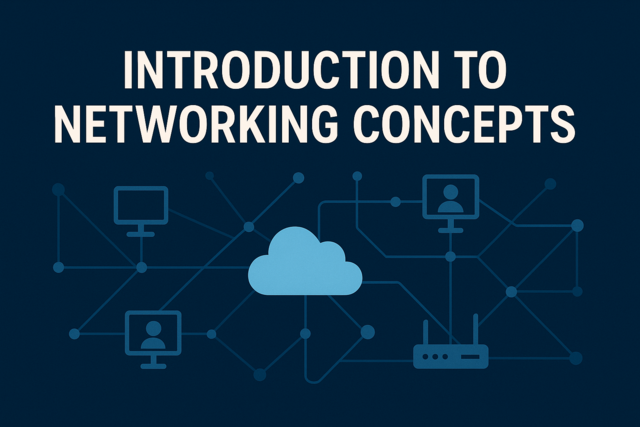 3 hours
0.3 CEUs
Introduction to Networking Concepts
+ More Info
3 hours
0.3 CEUs
Introduction to Networking Concepts
+ More Info
-
 7 hours
0.7 CEUs
Emotional Intelligence: Enhancing Workplace Relationships
+ More Info
7 hours
0.7 CEUs
Emotional Intelligence: Enhancing Workplace Relationships
+ More Info
-
 6 hours
0.6 CEUs
The Essence of Elegance: Dressing for Contemporary Sophistication
+ More Info
6 hours
0.6 CEUs
The Essence of Elegance: Dressing for Contemporary Sophistication
+ More Info
-
 3 hours
0.3 CEUs
The Science of Happiness in Family Life
+ More Info
3 hours
0.3 CEUs
The Science of Happiness in Family Life
+ More Info
-
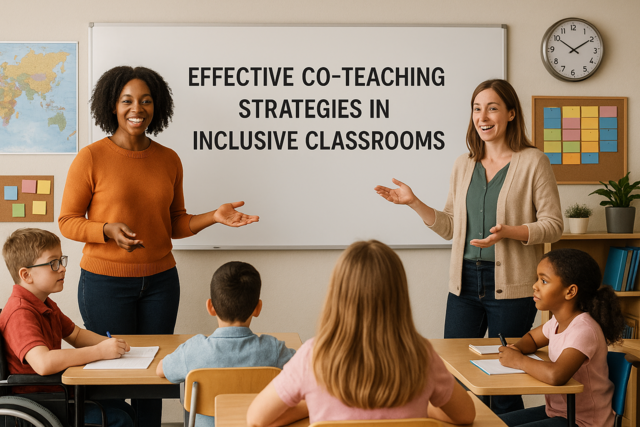 5 hours
0.5 CEUs
Effective Co-Teaching Strategies in Inclusive Classrooms
+ More Info
5 hours
0.5 CEUs
Effective Co-Teaching Strategies in Inclusive Classrooms
+ More Info
-
 3 hours
0.3 CEUs
Agile and Scrum Fundamentals
+ More Info
3 hours
0.3 CEUs
Agile and Scrum Fundamentals
+ More Info
-
 3 hours
0.3 CEUs
Education Policy and Reform: Impact and Implications
+ More Info
3 hours
0.3 CEUs
Education Policy and Reform: Impact and Implications
+ More Info
-
 6 hours
0.6 CEUs
Data-Driven Decision Making in Special Education
+ More Info
6 hours
0.6 CEUs
Data-Driven Decision Making in Special Education
+ More Info
-
 6 hours
0.6 CEUs
Redefining Romance: Finding Love Beyond the Fairytale
+ More Info
6 hours
0.6 CEUs
Redefining Romance: Finding Love Beyond the Fairytale
+ More Info
-
 4 hours
0.4 CEUs
Career Development and Planning
+ More Info
4 hours
0.4 CEUs
Career Development and Planning
+ More Info
-
 6 hours
0.6 CEUs
Mysterious Forces in the Cosmos
+ More Info
6 hours
0.6 CEUs
Mysterious Forces in the Cosmos
+ More Info
-
 6 hours
0.6 CEUs
Legacy Building: Creating a Family Culture to Last
+ More Info
6 hours
0.6 CEUs
Legacy Building: Creating a Family Culture to Last
+ More Info
-
 3 hours
0.3 CEUs
Effective Teaching Strategies for Diverse Classrooms
+ More Info
3 hours
0.3 CEUs
Effective Teaching Strategies for Diverse Classrooms
+ More Info
-
 4 hours
0.4 CEUs
Accident Investigation Techniques
+ More Info
4 hours
0.4 CEUs
Accident Investigation Techniques
+ More Info
-
 3 hours
0.3 CEUs
Office Staff Productivity Boosters
+ More Info
3 hours
0.3 CEUs
Office Staff Productivity Boosters
+ More Info
-
 7 hours
0.7 CEUs
Iconoclasts of Style: Revolutionary Figures in Modern Fashion
+ More Info
7 hours
0.7 CEUs
Iconoclasts of Style: Revolutionary Figures in Modern Fashion
+ More Info
-
 4 hours
0.4 CEUs
Breathwork for Emotional Balance
+ More Info
4 hours
0.4 CEUs
Breathwork for Emotional Balance
+ More Info
-
 7 hours
0.7 CEUs
Spiritual Awakening and Self-Discovery
+ More Info
7 hours
0.7 CEUs
Spiritual Awakening and Self-Discovery
+ More Info
-
 4 hours
0.4 CEUs
Embracing Change: Adapting Family Roles Over Time
+ More Info
4 hours
0.4 CEUs
Embracing Change: Adapting Family Roles Over Time
+ More Info
-
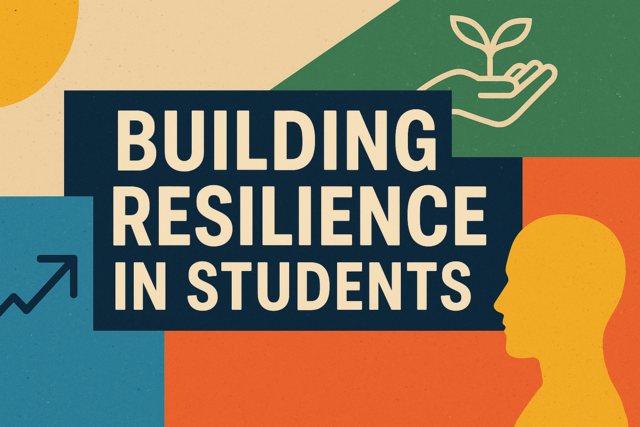 3 hours
0.3 CEUs
Building Resilience in Students
+ More Info
3 hours
0.3 CEUs
Building Resilience in Students
+ More Info
-
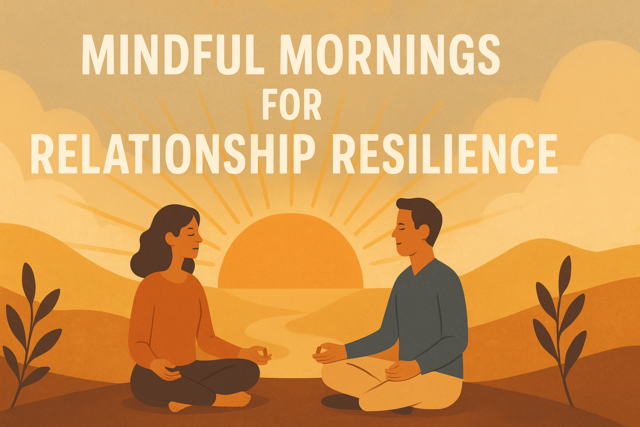 5 hours
0.5 CEUs
Mindful Mornings for Relationship Resilience
+ More Info
5 hours
0.5 CEUs
Mindful Mornings for Relationship Resilience
+ More Info
-
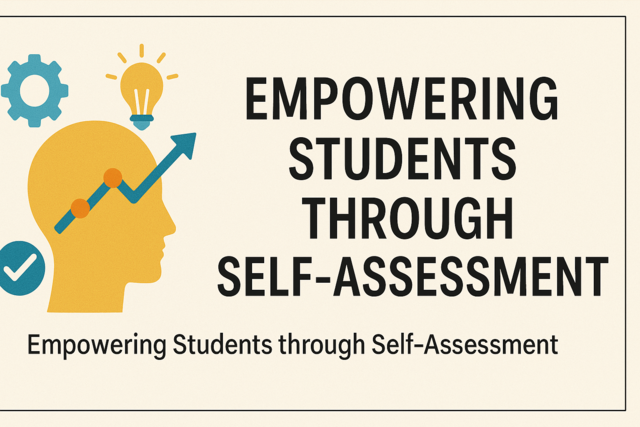 3 hours
0.3 CEUs
Empowering Students through Self-Assessment
+ More Info
3 hours
0.3 CEUs
Empowering Students through Self-Assessment
+ More Info
-
 5 hours
0.5 CEUs
Conscious Living: Mastering Mindfulness
+ More Info
5 hours
0.5 CEUs
Conscious Living: Mastering Mindfulness
+ More Info
-
 7 hours
0.7 CEUs
Strategies for Closing the Achievement Gap
+ More Info
7 hours
0.7 CEUs
Strategies for Closing the Achievement Gap
+ More Info
-
 6 hours
0.6 CEUs
The Art of Dressing: Mastering High-End Menswear
+ More Info
6 hours
0.6 CEUs
The Art of Dressing: Mastering High-End Menswear
+ More Info
-
 7 hours
0.7 CEUs
Healthy Lifestyle and Fitness Habits
+ More Info
7 hours
0.7 CEUs
Healthy Lifestyle and Fitness Habits
+ More Info
-
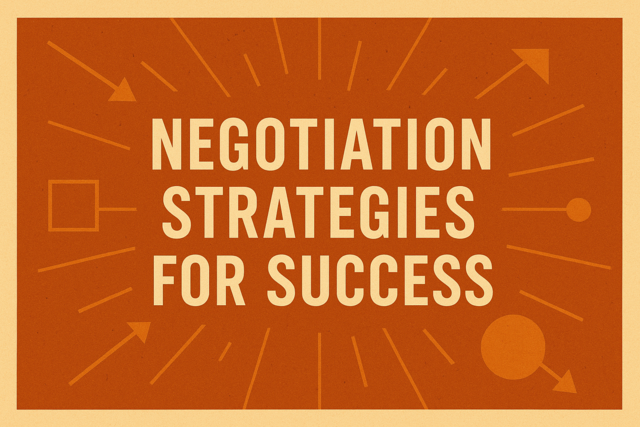 7 hours
0.7 CEUs
Negotiation Strategies for Success
+ More Info
7 hours
0.7 CEUs
Negotiation Strategies for Success
+ More Info
-
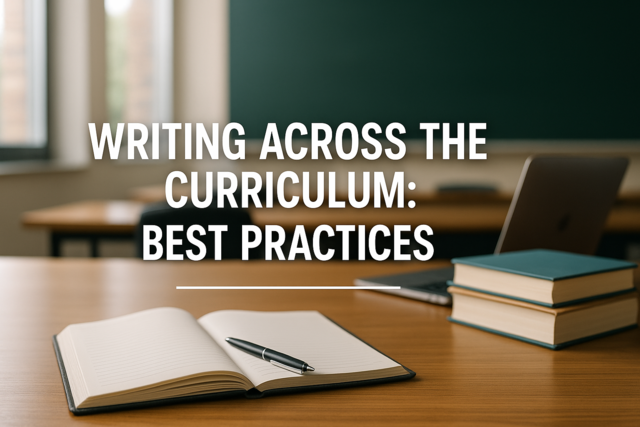 3 hours
0.3 CEUs
Writing Across the Curriculum: Best Practices
+ More Info
3 hours
0.3 CEUs
Writing Across the Curriculum: Best Practices
+ More Info
-
 3 hours
0.3 CEUs
Family Dynamics Decoded: Understanding & Improving Interactions
+ More Info
3 hours
0.3 CEUs
Family Dynamics Decoded: Understanding & Improving Interactions
+ More Info
-
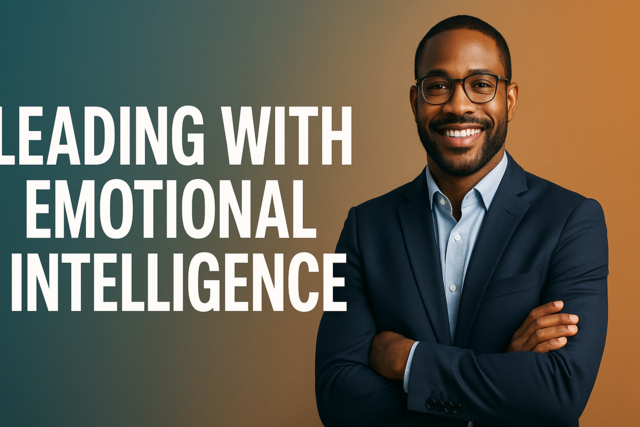 4 hours
0.4 CEUs
Leading with Emotional Intelligence
+ More Info
4 hours
0.4 CEUs
Leading with Emotional Intelligence
+ More Info
-
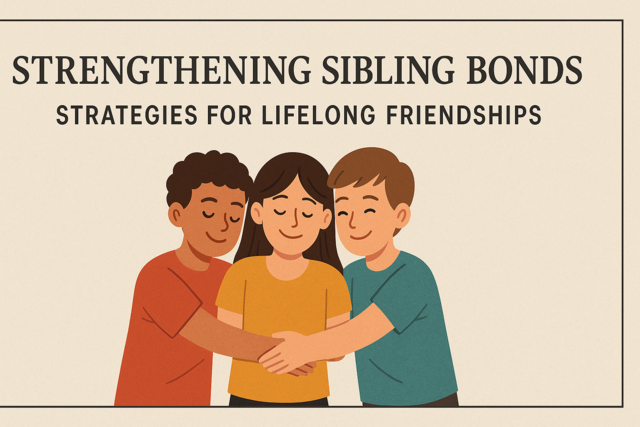 4 hours
0.4 CEUs
Strengthening Sibling Bonds: Strategies for Lifelong Friendships
+ More Info
4 hours
0.4 CEUs
Strengthening Sibling Bonds: Strategies for Lifelong Friendships
+ More Info
-
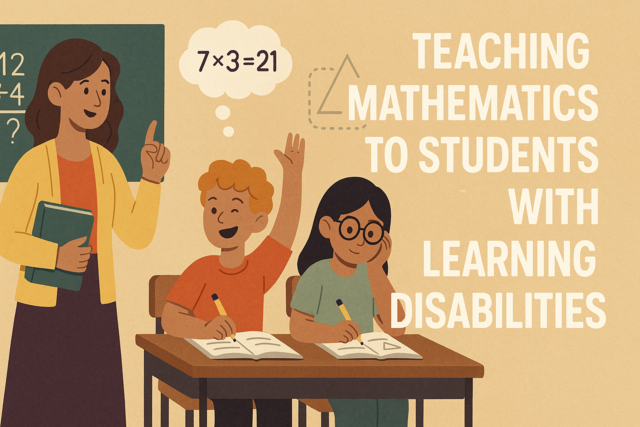 5 hours
0.5 CEUs
Teaching Mathematics to Students with Learning Disabilities
+ More Info
5 hours
0.5 CEUs
Teaching Mathematics to Students with Learning Disabilities
+ More Info
-
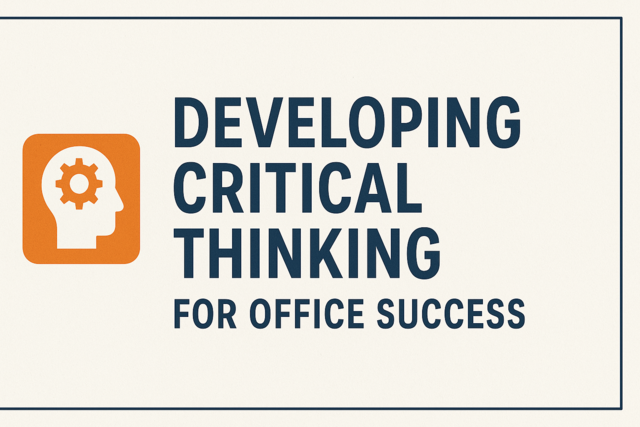 4 hours
0.4 CEUs
Developing Critical Thinking for Office Success
+ More Info
4 hours
0.4 CEUs
Developing Critical Thinking for Office Success
+ More Info
-
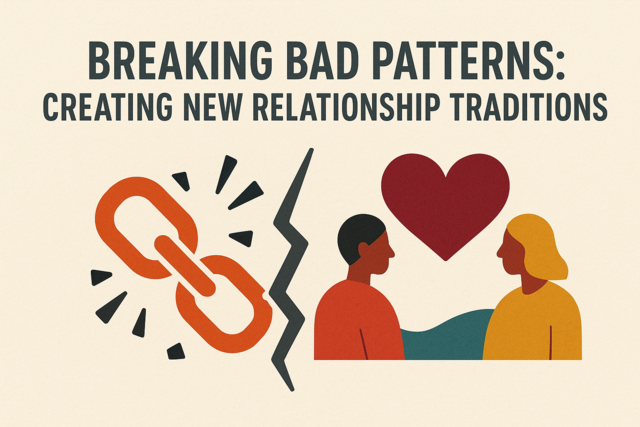 5 hours
0.5 CEUs
Breaking Bad Patterns: Creating New Relationship Traditions
+ More Info
5 hours
0.5 CEUs
Breaking Bad Patterns: Creating New Relationship Traditions
+ More Info
-
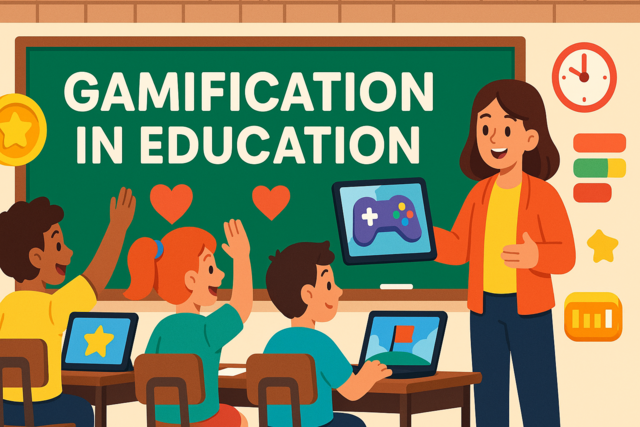 4 hours
0.4 CEUs
Gamification in Education
+ More Info
4 hours
0.4 CEUs
Gamification in Education
+ More Info
-
 5 hours
0.5 CEUs
Family Dynamics and Trauma: Unraveling the Impact on Relationships
+ More Info
5 hours
0.5 CEUs
Family Dynamics and Trauma: Unraveling the Impact on Relationships
+ More Info
-
 6 hours
0.6 CEUs
Transition Planning: From School to Adult Life
+ More Info
6 hours
0.6 CEUs
Transition Planning: From School to Adult Life
+ More Info
-
 4 hours
0.4 CEUs
Polished Precision: Men's Guide to Luxurious Tailoring
+ More Info
4 hours
0.4 CEUs
Polished Precision: Men's Guide to Luxurious Tailoring
+ More Info
-
 4 hours
0.4 CEUs
Elite Ensembles: Crafting Timeless Women's Looks
+ More Info
4 hours
0.4 CEUs
Elite Ensembles: Crafting Timeless Women's Looks
+ More Info
-
 7 hours
0.7 CEUs
Building a Healthy Work Environment
+ More Info
7 hours
0.7 CEUs
Building a Healthy Work Environment
+ More Info



